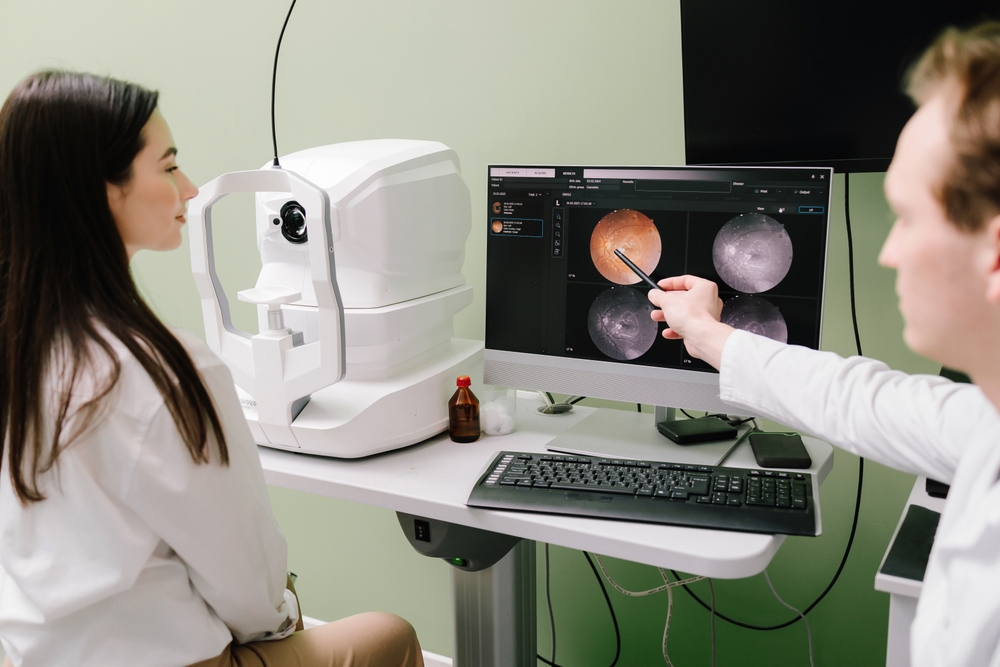
Diabetes affects millions of individuals across the country, and while its impact on overall health is well-known, many people are surprised to learn just how significantly it can affect the eyes. In fact, diabetes is one of the leading causes of blindness in adults. Understanding why this happens and how to safeguard your vision is essential for anyone living with diabetes.
How Diabetes Affects the Eyes
When blood sugar levels remain elevated, they can damage tiny blood vessels throughout the body - including those in the retina, the light-sensitive tissue at the back of the eye. Over time, this damage disrupts normal vision and can lead to serious, potentially irreversible complications. High blood sugar can also cause structural changes inside the eye, swelling of tissues, and increased pressure - all of which contribute to vision loss if not detected early.
Diabetic Retinopathy
This is the most common diabetes-related eye disease and a leading cause of blindness in adults. It progresses through stages:
- Non-proliferative diabetic retinopathy (NPDR): Blood vessels weaken and leak, causing swelling and reduced vision.
- Proliferative diabetic retinopathy (PDR): New, fragile blood vessels grow abnormally and can bleed into the retina or vitreous, leading to severe vision loss.
Without early detection and treatment, diabetic retinopathy can cause permanent blindness.
Diabetic Macular Edema (DME)
The macula is responsible for sharp, central vision. Diabetes can cause fluid to leak into this area, causing swelling and blurriness. DME can occur at any stage of diabetic retinopathy and is a major contributor to vision loss.
Cataracts
People with diabetes are more likely to develop cataracts at an earlier age. High blood sugar causes the lens to become cloudy more quickly, interfering with clear vision and increasing the need for surgical intervention.
Glaucoma
Diabetes increases the risk of developing glaucoma, a condition caused by elevated pressure in the eye. Over time, this pressure damages the optic nerve. Because glaucoma typically has no early symptoms, regular medical eye exams are essential for early detection.
Why Medical Eye Exams Are Essential for People with Diabetes
Diabetic-related eye conditions often begin without noticeable symptoms. Vision may seem perfectly normal while serious damage is already occurring.
Comprehensive medical eye exams allow your optometrist to:
- Detect early signs of diabetic eye disease
- Track changes in blood vessels and retinal health
- Measure eye pressure to screen for glaucoma
- Identify swelling, bleeding, or structural changes before vision is affected
- Provide timely treatment to prevent permanent damage
Annual or more frequent exams are recommended for anyone living with diabetes.
Schedule a Diabetic Eye Exam at Optical Masters
We provide advanced diagnostic technology and personalized diabetic eye care to detect issues early and preserve your sight. Whether you’re managing newly diagnosed diabetes or have been living with it for years, our team ensures you receive the comprehensive medical eye care you need to maintain healthy vision.
Contact Optical Masters to schedule a diabetic eye exam and keep your eyes healthy for years to come. Call our Monaco office at (720) 807-7300 or our Federal office at (720) 807-7600 today.










 {{menu-footer}}
{{menu-footer}}